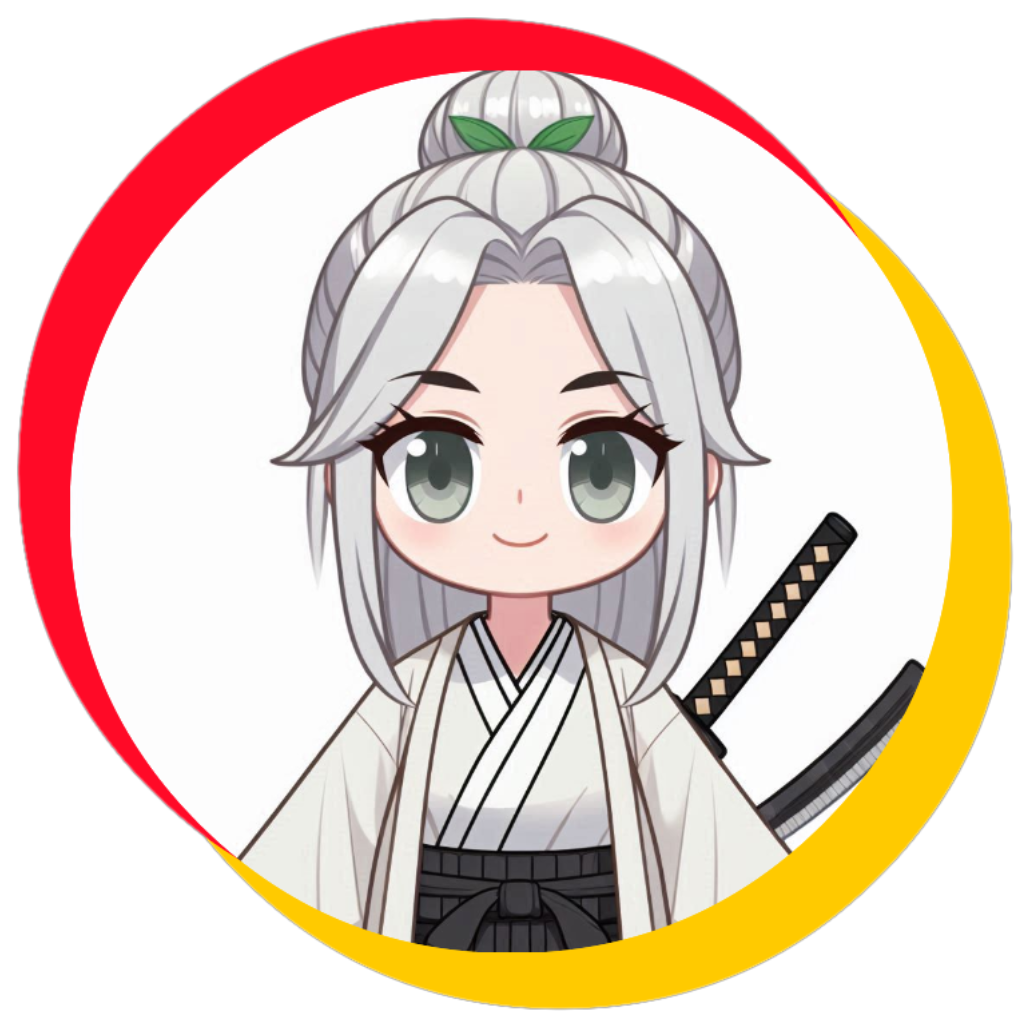Why does gaining new Japanese clients take so much time?
Now that I’m working in a capacity where I also have to find and convince new clients, you may hear me moan about the tenth or even twentieth call and accompanying requests for more and more information. But, I also know that if I can convince them to try our services, those relationships tend to be much stronger than the client-vendor relationships I was used to back in Europe and I’ve seen here in the US.
The wonderful world of Japanese brands: when simplicity rules
When I went grocery shopping while I lived in Japan, what really struck me was the very simple way some brands or companies were named. Of course we know world famous brands like Muji (No Brand) and Uniqlo (Unique Clothing) but the most interesting and fun (to me) were the products I bought for daily use. In a society where so many things are vague, I found the direct no-nonsense naming of these products entertaining as well as the easy choice when faced with a multitude of competing products.
It may pay to think about how you dress when you work in a Japanese environment
In Japan, business attire is typically quite formal, as seen in the attached picture I’ve titled “Tokyo Dandy.” Men often wear dark suits, white shirts, and ties, while women choose tailored suits or dresses in muted colors. This formality shows respect and professionalism.
Nippon Steel acquires U.S. Steel: new opportunities for staff
It’s been in the works for quite some time, and now it's official: Nippon Steel's acquisition of U.S. Steel marks a significant milestone in the global steel industry. This strategic move not only strengthens Nippon Steel's market presence but also creates a unique opportunity for employees from both companies to learn and collaborate in innovative ways.
The changing work landscape in Japan: the future is bright!
The linked JT article reveals that Japan’s youth are increasingly prioritizing meaningful work over traditional job security. Young professionals are seeking employment with companies that align with their values, offer flexible working conditions, and foster inclusive environments. This shift is not merely a trend; it represents a broader movement that is reshaping the future of work in Japan.
Why did my Japanese colleague just laugh during a serious meeting?
If, like me, you have navigated the waters of international business, you’ve learned that communication styles can vary wildly between cultures. While we often associate laughter with humor and agreement, in Japan, it can mean something entirely different—like embarrassment or confusion.
Why Doesn't Our Japanese Company Use Japanese Management Concepts Like Lean Six Sigma?
I recently came across a really interesting question during a town hall meeting as part of a Business Efficiency training: Why don’t Japanese companies jump on board with Japanese management concepts? You’d think they would, right? But it’s not that simple.
We’re all global now so how come you’re still offering seminars on Business Efficiency and cross-cultural communication?
We do get this question fairly often, but never from companies we’ve worked with for sometimes ten or more years. Those long-time clients know the value of our our work, they also know that we’re always updating our content to reflect new trends in work and people.









